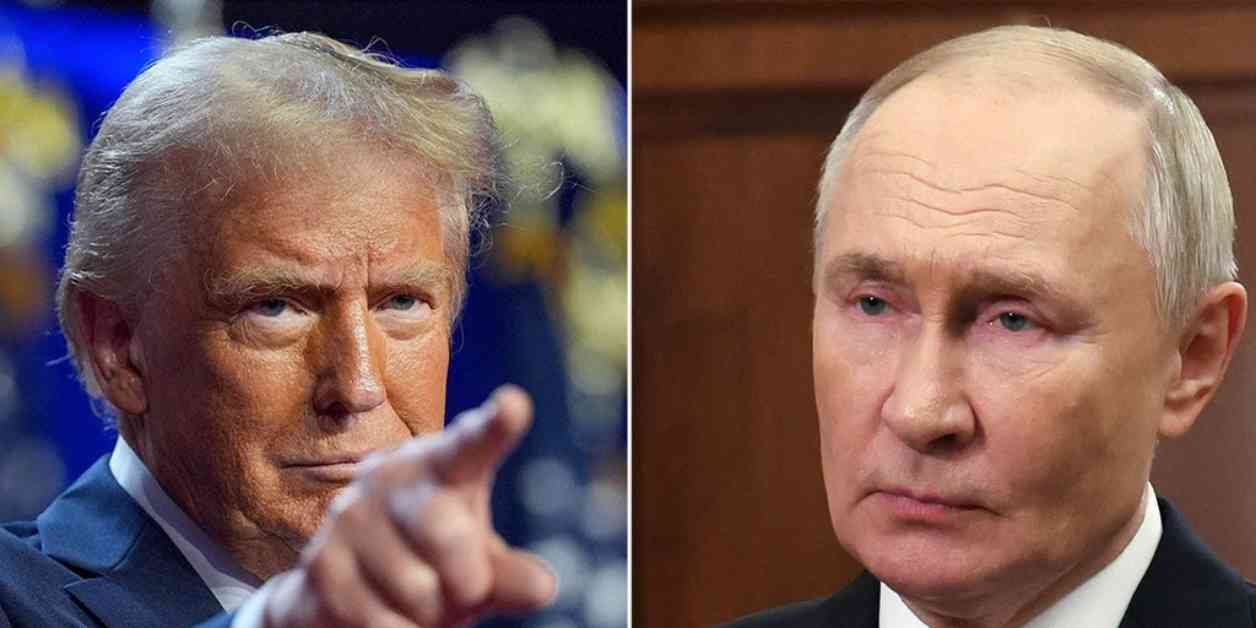Understanding Putin’s Strategy: What to Expect from Moscow in Russia-Ukraine Negotiations
Russian Foreign Minister Sergei Lavrov recently rejected a proposal reportedly coming from President-elect Donald Trump’s team to resolve the ongoing conflict in Ukraine, which will soon reach its four-year mark. Lavrov expressed dissatisfaction with the suggestions to postpone Ukrainian NATO membership for two decades and introduce a peacekeeping force of British and European troops into Ukraine. This rebuff likely signals the aggressive stance Russian President Vladimir Putin will take in negotiations with Trump concerning Ukraine.
Putin, during his annual press conference, made it clear that he had no intentions of striking a peace deal with Ukrainian President Volodymyr Zelenskyy’s government. Putin emphasized that any agreements would only be made with representatives from what he deemed legitimate authorities, implying that Zelenskyy’s government did not fit that criteria due to the expiration of his term. The Russian president also dismissed the idea of a ceasefire, arguing that it would only allow Ukraine to regroup and strengthen its military capabilities.
Putin’s Calculated Moves
Putin is confident in his country’s military superiority over Ukraine, with a larger population and significant military resources at his disposal. He has continued to bolster Russian forces throughout the conflict, including enlisting the help of North Korean soldiers. Putin even issued a challenge to the U.S. to test its air and missile defense systems against Russian hypersonic missiles.
Trump’s Dilemma
For President Trump, negotiating with Putin on Ukraine will pose a significant challenge given Russia’s formidable military capabilities and Putin’s unwavering stance on key territorial and political demands. Putin’s efforts to strengthen Russia’s economy and reduce dependence on foreign technologies have further solidified his position in negotiations.
Creative Solutions Needed
As Trump’s team navigates the complex landscape of Russia-Ukraine negotiations, they will need to think outside the box to find viable solutions that satisfy both parties. With Putin’s unyielding approach and limited U.S. leverage, innovative strategies will be essential to achieving peace in the region.





















